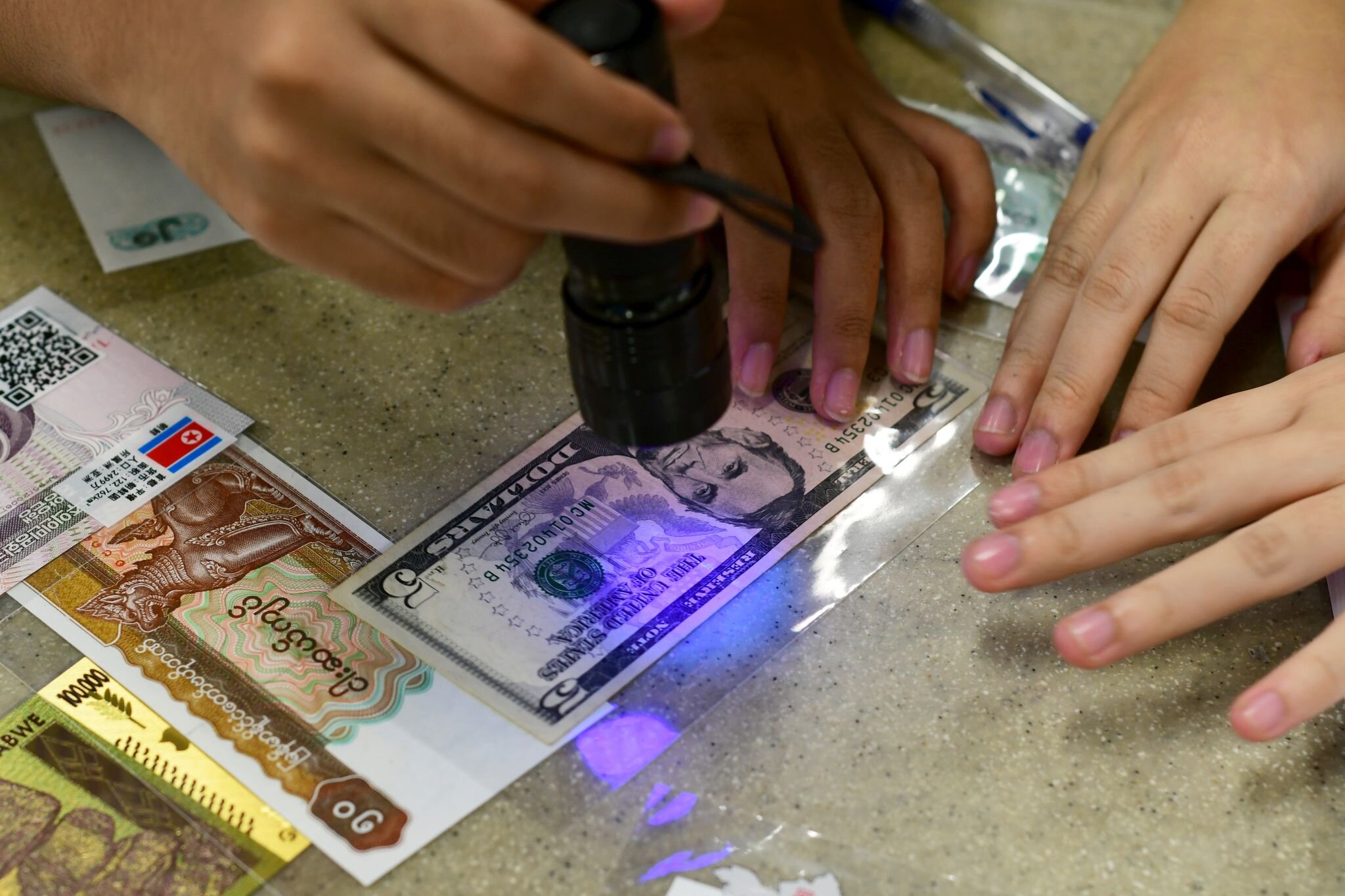"Let's collaborate!"
Every time I hear someone say this to me now, I feel a certain aversion towards that person.
That person may have been genuinely looking for a win-win situation, but the word 'collaborate' has now taken on A LOT of negative connotations.
And I don't think it's mainly the fault of the entrepreneurs (esp. solopreneurs) and small business owners that this is now an iffy word.
I'd put the blame on the large organisations and companies, a number of which clearly take the word to mean "unpaid now, likely forever".
I can't speak for everyone, and perhaps I'm just cynical, but I really hope that this word disappears from the language of business sooner rather than later.
Sharpen Your Sword. Pick Your Battles.
Knowing which battles to fight is more important than being a good fighter.
This isn't to say that we shouldn't learn the skills and gather the tools of a good fighter, because when the chips are down and you're backed into a corner, it's do or die.
But if you fight every battle that comes your way, you're going to wear yourself out, likely before you get to the crucial one.
So pick your battles.
And while you're waiting, sharpen your sword.
Teaching is Hard. But You'll Get Better At It.
Teaching is difficult.
Yet, like all skills, it gets easier with purposeful practice over time.
Your first lesson is going to suck.
And, because you're your own greatest critic, it will play out in your head far worse than it actually was.
But here's the good news:
That's the worst you're ever going to be.
It's all uphill from then on. With some dips now and then, when you're testing out new material, delivery styles, methods, etc.
So, bite that bullet, make that first foray, rip off that band-aid, and make it your best worst performance.
You'll be much better than you thought you taught.
Autonomy in the Classroom Case Study: Forgery and Financial Crime
One of the modules I teach my students covers lessons on Forgery and Financial Crime.
One of the activities involves my students examining currency notes from different countries around the world, as well as bank cheques.
They perform the examinations with UV lights and a digital microscope. Of course, I show them what safety features to look out for before they go at it.
Here’s the thing:
I’ve had teachers from the schools I teach at expressing concern over the fact that I’m “distributing money” and worrying that I won’t get it back.
I tell them that I’ve done this for years and I’ve never lost a single currency note or any apparatus used for this activity.
All I do at the start of the activity is tell my students matter-of-factly that I want my currency notes and bank cheques back at the end of the session.
I don’t mention this again until it’s time to return everything.
There have been multiple cases of students trying to raise a reaction in me by playfully threatening to walk off with the currency notes. I simply smile (now quite hard to see, because I’m wearing a mask) and tell them that, when they’re done, they can put it back on my table.
The point is this: Students will test boundaries and they will test you. They often do this in order to feel you out - to see whether they can look up to you, treat you as a friend, or to see if they should avoid you.
It is up to you as a teacher to set those boundaries and stick to them. It is also up to you to express confidence in your students and their moral values - that they will do the right thing, given the opportunity.
Students don’t need to be nagged or coddled. They are fully capable of doing the right thing at the right time in the right way. Give them the space to do so.
To help your confidence, I haven’t lost a single currency note.

